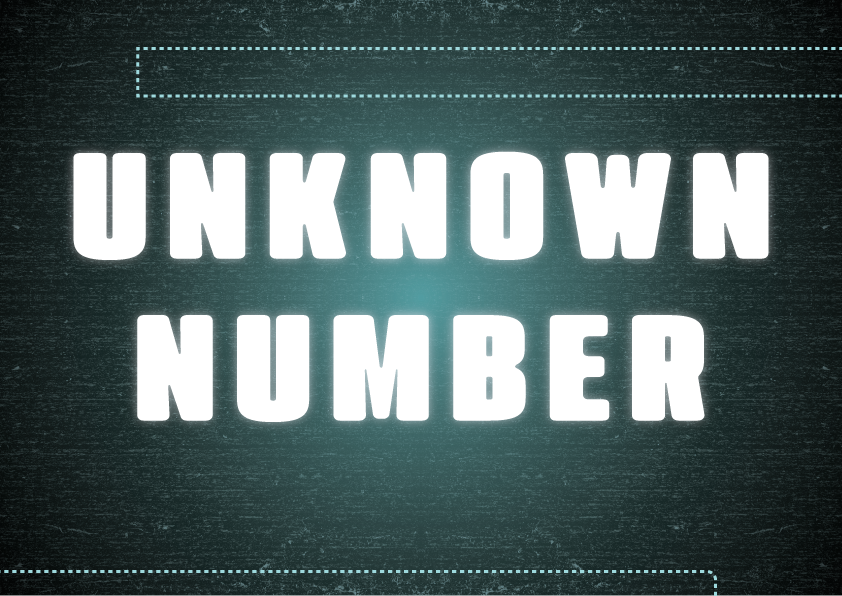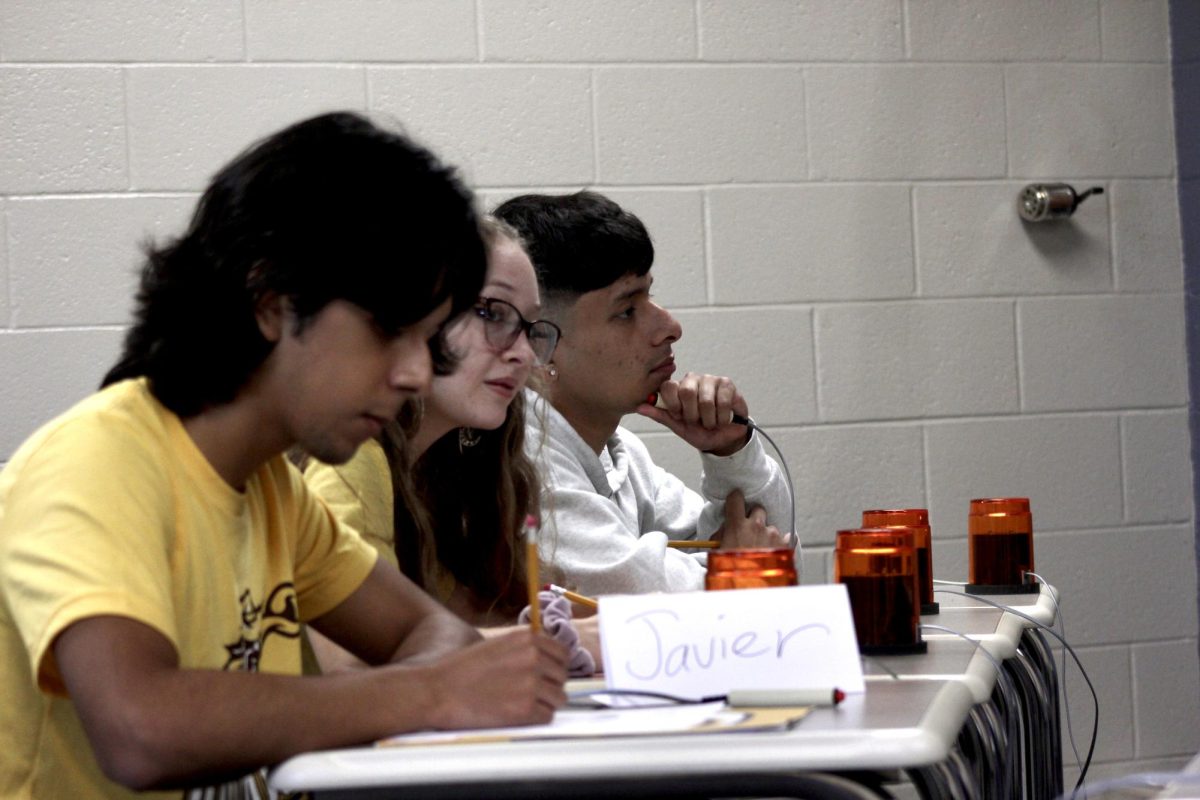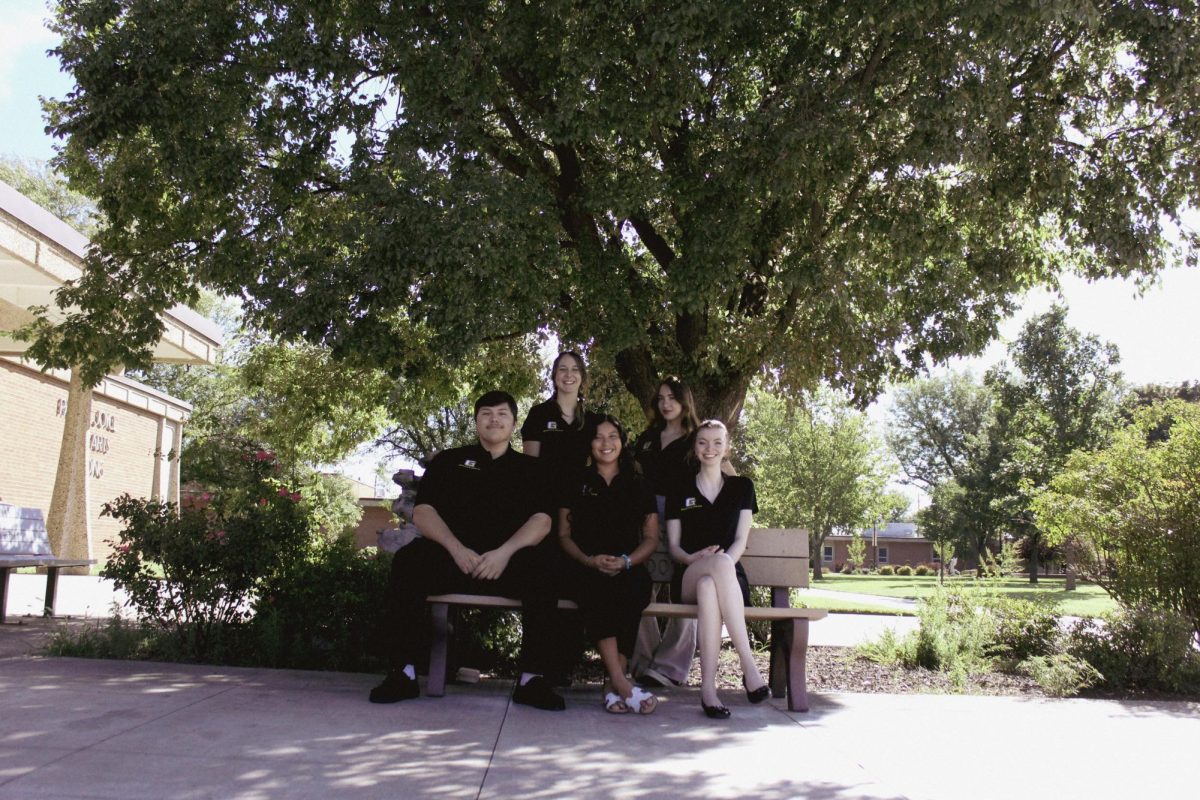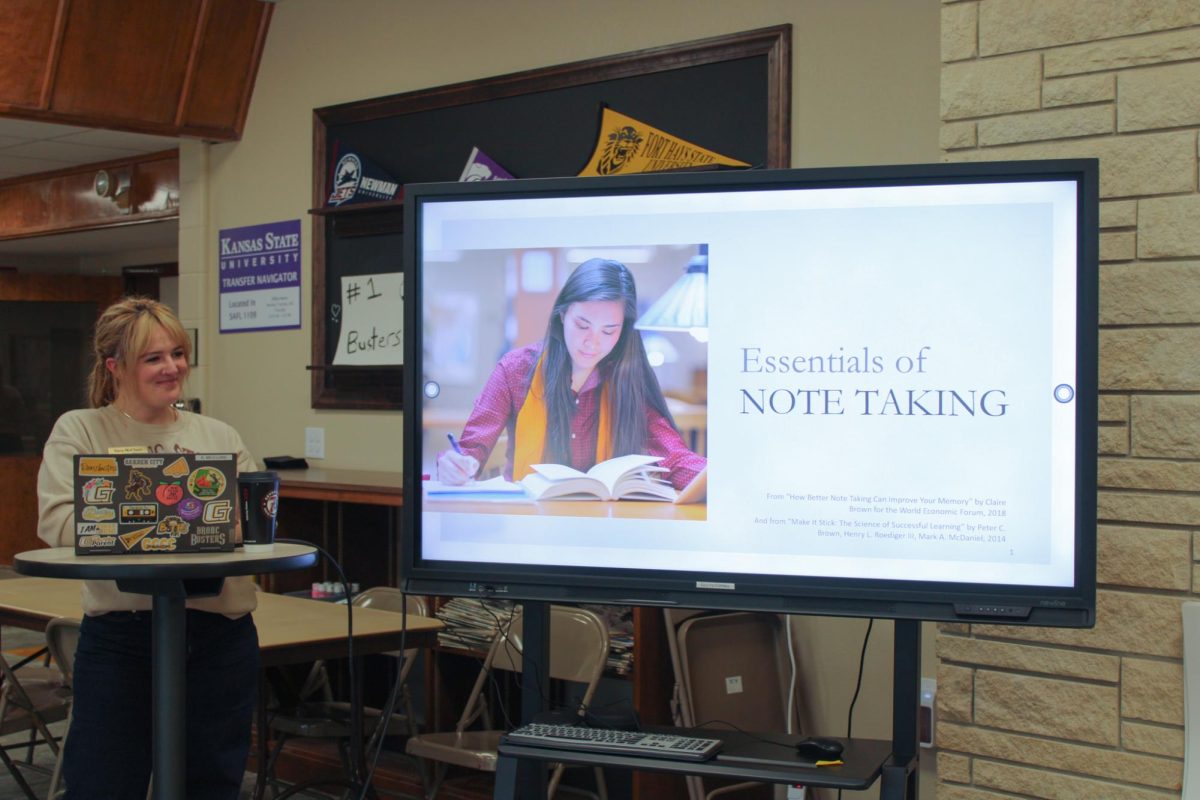Unknown Number: The High School Catfish delivers a haunting yet powerfully resonant journey that transcends the typical true-crime documentary. From the very first frame, director Skye Borgman captures the viewer with an immersive blend of real-life tension, raw emotion, and narrative precision. The film unfolds like a meticulously plotted mystery but with stakes far more heartbreaking than any fiction.
We meet 13-year-olds Lauryn Licari and Owen McKenny, sweethearts in small-town Beal City, Michigan. Their world shatters when they begin receiving anonymous texts—vulgar, manipulative and deeply personal. The documentary lays bare the psychological torment through chilling reenactments, actual text conversations, and unfiltered testimonies from students, parents and school officials. The relentless nature of the messages—sometimes up to 50 a day—makes the horror visceral, illustrating the destructive power of technology and anonymity.
What elevates Unknown Number to something extraordinary is its emotional grounding. It is not simply about solving a crime—it’s about betrayal, trust fractured and resilience. When the FBI ultimately connects the texts back to Licari’s own mother, Kendra, the reveal hits like a gut punch, unexpected yet devastatingly inevitable.
The film’s structure honors its subjects—Licari and McKenny. You feel their confusion, fear and heartbreak with every scene. Interviews are unsparing yet respectful, giving voice to a young couple forced to grapple with trauma far beyond their years. The community’s reaction—initial suspicion, social strain and eventual communal support—adds a compelling layer of context, reminding viewers of how false rumor and fear can fracture even close-knit environments.
Borgman’s direction is both artful and empathetic. Rather than sensationalizing Licari’s mother’s motives, the documentary probes their unsettling complexity—linking her actions to unresolved trauma and psychological turmoil, without exonerating her. It’s a careful balance, illuminating without excusing.
Visually, the editing is taut, the pacing measured. Cinematic reenactments are used sparingly but effectively. The inclusion of bodycam footage and real text overlays elevates the emotional impact; it is raw and unfiltered. Yet, the film never slips into exploitation—it treats its story with the dignity and sensitivity it deserves.
Even in the wake of revelation, the heart of the documentary remains human. Licari’s longing for reconciliation, her profound hurt and yet her lingering compassion—these moments haunt you.
“Why would my mom do this?” Licari asks, a simple question carrying unimaginable weight.
Unknown Number does not shy away from broader themes—it sparks important conversations about cyberbullying, parental accountability and the digital liabilities teens face. Borgman hopes the film encourages parents to listen, to foster open dialogue, and to recognize how invisible threats can become heartbreakingly personal.
In a saturated world of true-crime media, this documentary stands out for its emotional honesty, interpretive restraint and profound empathy. It does not exploit suffering—it honors it. Unknown Number: The High School Catfish is a cautionary tale, yes—but more deeply, it is a meditation on trust, trauma, and the resilience of the human spirit. It has essential viewing.
Since its release on August 29, 2025, Unknown Number: The High School Catfish has made an immediate impact, climbing to the No. 1 spot on Netflix and holding strong among the platform’s top titles. Critics have praised its storytelling and emotional weight, with the documentary earning an 84% approval rating on Rotten Tomatoes and being highlighted by outlets like Decider for its careful, empathetic approach to true crime. The strong reception from both audiences and reviewers confirms that this isn’t just another entry in the genre—it’s a standout piece of filmmaking that continues to resonate with viewers worldwide.















